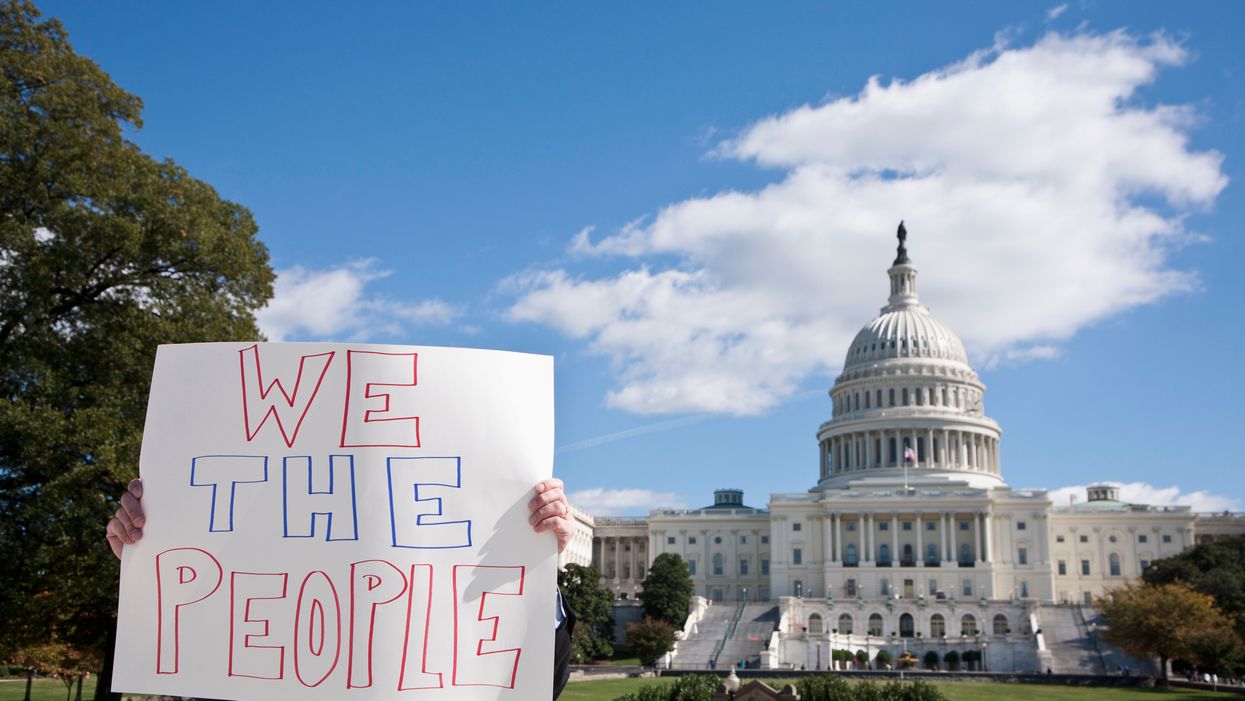Add another poll to the growing evidence that more and more Americans are dissatisfied with the federal government and want the political system revamped.
The pessimism has gotten so strong that one in eight voters is ready to start from scratch.
The survey released last week — by the University of Chicago and The Associated Press-NORC Center for Public Affairs Research — found 54 percent think that major changes are needed to the U.S. system of government. Another 32 percent said either minor or no changes are needed.
And a remarkable 12 percent of those surveyed, including 22 percent of independents, said we need to dump the current system and come up with an altogether different system.
Other findings in the survey of 1,003 people include:
- 70 percent say people like them have too little power and influence in Washington.
- More than 70 percent say the government should have a lot of responsibility for issues such as terrorism, economic growth and crime, but few believe it handles such issues very well.
- Only 13 percent say they trust the government in Washington to do what is right always or most of the time.
"The poll reveals that voters do not trust government to follow through, and it's not meeting their expectations. This lack of trust and lack of performance relates to larger concerns about the state of American democracy," said William Howell of the Chicago's Harris School of Public Policy.
"There's a real opening here for political candidates to address people's desire for systemic change."
Democrats were more likely than Republicans to believe major changes are needed to the government. They also had more critical views of government performance than their GOP counterparts, and more think that people like them have too little power and influence compared to Republicans.
A Gallup poll conducted in January found that Americans' trust in the federal government's ability to handle problems had fallen to the lowest point in almost 20 years.




















Trump & Hegseth gave Mark Kelly a huge 2028 gift